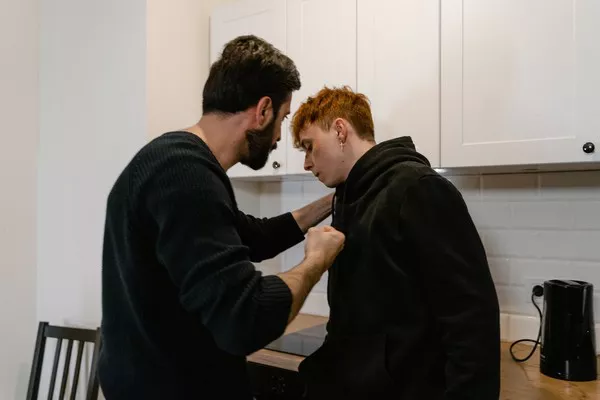Charlottesville, VA (CVILLE RIGHT NOW) – Next week marks the 5th Annual Student Athlete Mental Health Week, an initiative founded by Hilinski’s Hope in memory of Tyler Hilinski, a former quarterback for the Washington State Cougars who tragically lost his life to suicide in 2018.
A Mission to End Stigma
In a recent interview, Kym Hilinski shared the organization’s mission: “We started Hilinski’s Hope in 2018, soon after Tyler passed, and the mission really was to end the stigma that’s so attached to mental health for student athletes.” The week-long initiative runs from October 5th to 12th and includes various activities at participating schools, including the University of Virginia. Events will feature professional speakers, mental health support dogs, yoga sessions, and communal meals aimed at fostering a supportive environment.
Importance of Awareness
Mark Hilinski emphasized the significance of raising awareness: “Why aren’t we celebrating?… Athlete mental health needs attention and needs some help… It’s simply a student athlete, and we know also all students can struggle with mental health issues.” This year, the initiative has expanded to include participants from all 50 states, reflecting a growing recognition of the need for mental health support among student athletes.
Growing Participation and Impact
The Hilinski family is proud of the increasing awareness and participation in the initiative, noting that they started small and are now well over 250 schools involved. As more universities join in, they aim to create a culture where students feel comfortable seeking help. Kym remarked, “I have to applaud our student athletes and our students in general. They are just really speaking up and saying, you know what, I’m not OK and that’s all right.”
Looking Ahead
As the week approaches, all eyes will be on the efforts to support mental health in sports, encouraging student athletes to prioritize their well-being. The initiative not only honors Tyler Hilinski’s legacy but also seeks to empower a new generation of athletes to address their mental health openly and seek the support they need.
Related topics:























